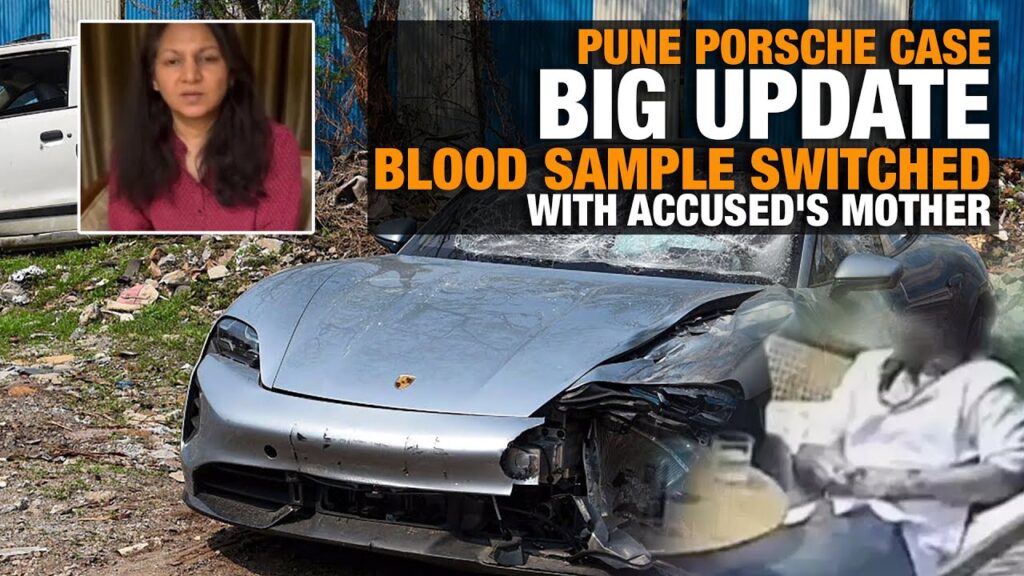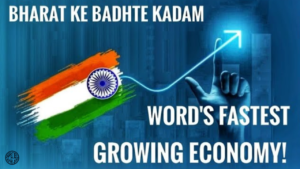Pune Accident | Welcome To Rich Privilege

Porsche Accident
On the night of May 18th, a 17-year-old boy, excited to celebrate his Class 12th results, headed to a pub in Pune’s Koregaon Park area with friends. The pub, named Cosie, saw the boy and his friends arriving around 10:30 pm, ordering food and drinks. Despite Maharashtra’s legal drinking age of 25, the underage boy was served alcohol. Within 90 minutes, their bill had soared to ₹48,000.
Undeterred, the group moved to another exclusive pub, Blak, in Marriott Suites, where they continued drinking until 2 am. Eventually, the boy decided to drive home in his Porsche, a vehicle without a license plate. Meanwhile, two young professionals, Aneesh Awaidhya and Ashwini Koshtha, were returning home on a motorbike after dinner in Kalyani Nagar. Aneesh was a business analyst and Ashwini, an IT analyst, both employed at Johnson Controls.
As the boy drove recklessly at 150 kmph in a crowded area, he collided with Aneesh’s motorbike, resulting in an instant fatality for both Aneesh and Ashwini. Eyewitnesses tried to help and even attempted to confront the boy, but it was too late. The tragic accident was a glaring example of how systemic failures and skewed incentives can have deadly consequences.
A Flawed Legal System
The boy was granted bail by the Juvenile Justice Board under conditions more befitting a school assignment than a serious crime—writing a 300-word essay. This leniency sparked outrage and widespread media coverage, revealing deep flaws in the justice system.
The boy’s father initially claimed the boy wasn’t driving, and a family driver even falsely confessed to being behind the wheel. Such manipulations highlight a prevalent issue in India: the wealthy and powerful often escape justice due to systemic biases and corruption.
The Role of Law Enforcement and Political Influence
Crime reporters outside Pune’s Yerwada police station witnessed troubling scenes on the night of the accident. The Porsche involved in the crash was parked alongside two Mercedes cars. A man in a safari suit delivered pizzas to the boy, who was inexplicably seated in the ACP’s chair. This preferential treatment extended to the victim’s friends being detained by the police until the boy was granted bail.
Local MLA Sunil Tingre’s presence at the police station shortly after the accident raised further questions. His close ties with the boy’s family underscored how political influence can skew justice.
Systemic Failures and Public Outrage
The police failed to conduct mandatory blood and personal appearance tests for the boy immediately after the accident, crucial for determining alcohol consumption. It was only after 8 hours that these tests were administered, and there were allegations of tampered blood samples, adding another layer of corruption.
Public outrage surged as the case gained national attention. Candlelight marches were held, and eventually, the Pune police lodged a second FIR. The boy’s father was charged under the Motor Vehicle Act for allowing an underage person to drive. Bar owners who served alcohol to the minors were also prosecuted.
The Root Cause: Broken Incentives
This incident illustrates the deeper issue of flawed incentives in the Indian legal and political systems. When political leaders favor the rich for campaign financing, law enforcement becomes compromised. This favoritism trickles down to everyday policing, resulting in a lack of accountability for the wealthy.
The Way Forward: Changing Incentives
To prevent such tragedies, we must address the systemic incentives that enable them. Here are key steps:
| 1. Strengthen Traffic Law Enforcement: Hire more traffic personnel and employ electronic monitoring to increase the likelihood of rule-breakers being caught. |
| 2. Independent Police Forces: Implement and enforce police reforms to ensure that transfers and postings are decided by an independent board, not by political leaders. |
| 3. Transparent Political Financing: Reform campaign financing laws to reduce the influence of wealthy donors on political decisions. |
Until these structural changes are made, incidents like the Pune accident will continue to occur. Public outrage can bring temporary focus, but only systemic reform will lead to lasting change. By understanding and addressing the underlying incentives, we can hope to create a safer, fairer society for all.





1 thought on “Pune Accident | Welcome To Rich Privilege”